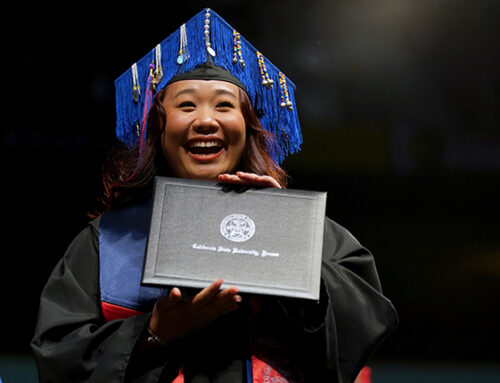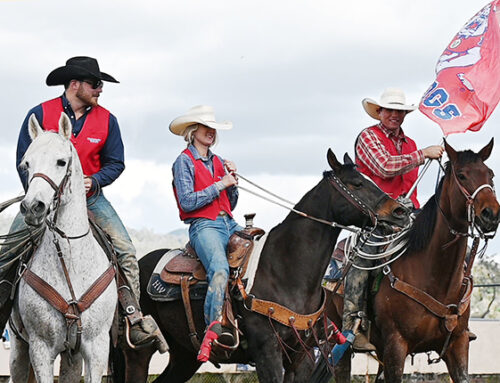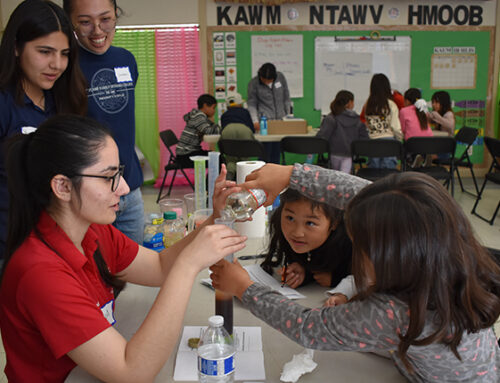Angel Rojas didn’t come from an academic family, but his family always encouraged him to pursue happiness. For Rojas, the pursuit of happiness was tied to his love of learning. Rojas was named the 2024 College of Social Sciences Graduate Dean’s medalist, and the President’s Graduate Medalist, the university’s highest honor for a grad student.
Rojas said he was flattered to receive such a high honor, but for him the award is a reflection of the supportive “kindness, compassion and advice” he received from his professors and mentors.
“It’s cool to have this. I’m grateful, but this is really for them,” Rojas said.
Rojas’ educational journey began with an associate’s degree at Fresno City College before he transferred to Fresno State, where he graduated with a double major in history and biochemistry.
Initially Rojas aspired to work in chemistry, but his career ambitions changed when the COVID-19 pandemic hit.
“Most of my family got sick from COVID,” Rojas said. “My mom was pretty touch and go, but she recovered… During that time, I began to have a consciousness about how this all connects. And, so, in my graduate study, I decided to switch from doing chemistry to just sticking with history.”
Rojas’ lived experience inspired him to investigate the history of medicine between the 14th and 18th centuries.
“Medicine, botany, anthropology, social sciences, all came to being, all were enforced by these certain ideas on civilizational improvements, how to categorize, how to control nature as well as the ugly side to that,” Rojas said.
Rojas said that time in the History Department brought a lot of “goodness,” but his studies have shown him there is a “big, ugly side” that needs to be acknowledged.
“That’s where my research has led to, understanding how science and the scientific community fit within this larger story of race, gender, empire and colonialism,” Rojas said.
During the heights of COVID, countless news stories reported how the pandemic exacerbated inequities in rural, low-income and marginalized communities, especially immigrant communities and communities of color.
Rojas said before the pandemic he already lived many of the inequities he saw exacerbated.
“I come from a very poor background, live in a very heavily policed neighborhood where there is a lot of under-development, too,” Rojas said. “But nothing can really put into perspective just how systematic, and nationwide, all these issues are in terms of poverty, in terms of policing, in terms of everything that the pandemic exacerbated.”
Rojas found refuge in mentors and friends and support through his academic community. Rojas said his academic experience at Fresno State has inspired him to “keep going.” He will be pursuing his doctoral degree in history from the University of Pittsburgh in the fall.
But Rojas has an even bigger goal he would like to achieve. Rojas hopes to return one day to Fresno State to teach as a professor.
“The one place I want to come back to, more than anything, to teach, to get tenured, or however that process works, is here. Because it was here that I became the scholar I am today, the person I am today,” Rojas said.
Rojas said he wants to “pay forward” the help and support he received to other first-generation students attending Fresno State. He said he remembers the struggles he faced as a first-generation student to figure out financial aid and has made it his goal to not let that happen to others.
“I want to come back here and encourage students like me with similar backgrounds that, ‘hey, even though there is a lot of issues with systemic racism, discrimination, poverty, a lot of unfair inequalities, they don’t have to hinder you,’” Rojas said. “As long as we keep fighting, we can make it here. I am proof that if you work hard enough, we can get there, we can do it. We can pass through all this adversity and be proud examples of what it means to be first-generation students.”





